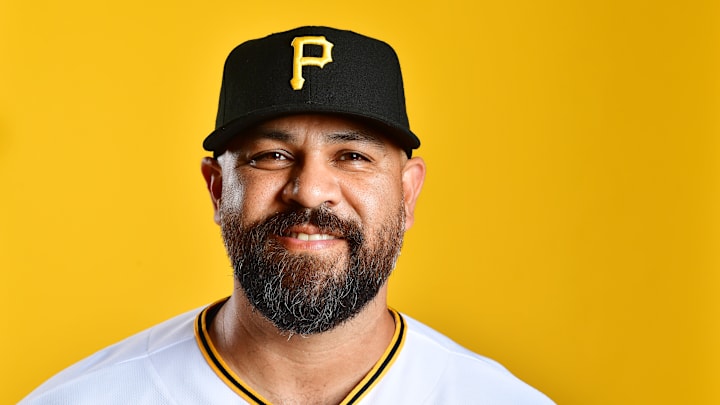At first glance, the Pittsburgh Pirates’ decision to part ways with pitching coach Oscar Marin felt like self-sabotage. For long stretches of the season, run prevention was the club’s lifeline; the staff kept Pittsburgh in tight games while the offense sputtered, and the identity of this team was built around arms executing on the margins. Firing the steward of that strength is the kind of move that prompts a thousand radio call-ins and a week’s worth of “what are they doing?” segments.
But peel back a layer and the choice starts to track. According to Post-Gazette Sports columnist Jason Mackey, feedback from player exit interviews factored into the decision, and those reviews “were not kind.” Mackey also added that the organization believes there’s “another level” the group can reach. That framing matters.
It shifts the conversation from, “Why would you blow up the one thing that worked?” to “Are results masking internal friction and untapped ceiling?”
If the room has lost confidence in the messenger, or if the process plateaued even as the results remained strong, leadership has to address it before the next climb.
Pirates’ firing of Oscar Marin looks smarter after exit-interview reveal
And make no mistake, the results were good. Pittsburgh’s pitchers finished fourth in WAR (19.1), seventh in ERA (3.76), and allowed the third-fewest home runs in MLB (153). That’s the profile of a staff that wins on contact management and sequencing, one that navigates tough ballparks and divisions by keeping the ball in the yard and piling up sturdy, workmanlike innings.
Mackey clarified slightly after the initial aggregation emerged that the feedback wasn't the sole reason for Marin's dismissal, but it certainly appears to have contributed.
So we’re clear … and I love Poni, so it’s not a shot … but I was asked whether player input during exit interviews had anything to do with the move. I said I believed it was part of equation, yes. Along with the Pirates believing there’s another level they can reach. https://t.co/I7TNyQoOea
— Jason Mackey (@JMackeyPG) October 2, 2025
It’s also the kind of success that can obscure grind-level concerns: communication styles, game-planning cohesion, individualized pitch-design buy-in. When those gears aren’t meshing, players feel it first, and exit interviews can surface it.
The Pirates seem to be betting that the gap between “solid” and “special” lives in those details. They can remain an arm-centric club that already limits damage, and can still add strikeout punch with sharper pitch shapes to rise closer to contention. That’s especially true for a roster dotted with developing starters and leverage relievers who are still in the phase of their careers where they are optimizing pitch usage.
If a new voice can align the analytics, the scouting, and the in-game calls, you can keep the home-run suppression while manufacturing more empty swings — and that’s how good staffs become October problems.
This is also a culture call. A coaching change signals to the clubhouse that the front office listened when players spoke up and is serious about pushing beyond “good enough.” When pitchers feel heard, they tend to buy into uncomfortable tweaks because trust is in place. And when that trust runs both ways, you get faster turnarounds during slumps and more consistent command of identity.
None of this diminishes Marin’s role in stabilizing the group. It just reframes the decision as an attempt to raise the floor and the ceiling simultaneously. The Pirates already own a run-prevention backbone; what they’ve lacked, at times, is the run support to cash it in.
In that light, the move feels less like tearing down and more like tuning up. Pittsburgh didn’t fire a strength; it acknowledged that even strengths can go stale if the process stops evolving.
